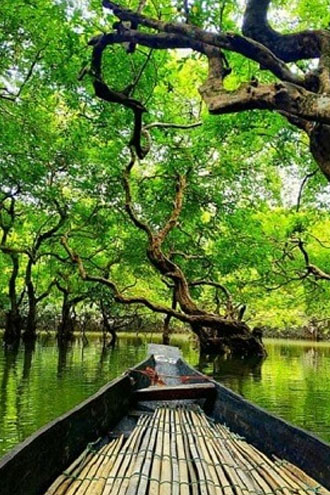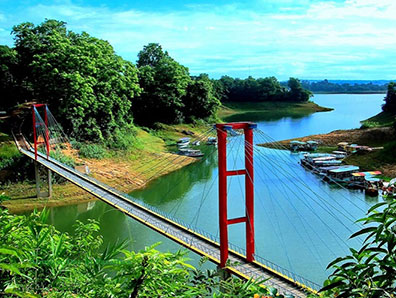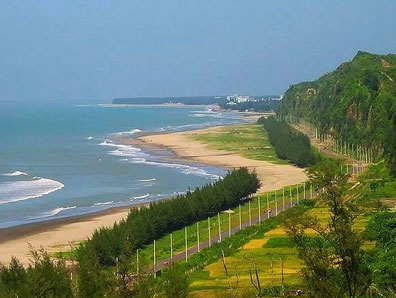The Gambia is a country located in West Africa, bordered by Senegal to the north, east and south, and the Atlantic Ocean to the west. The official languages are English and Mandinka, and the currency is the Gambian dalasi. The country has a population of around 2.5 million people. Gambia has a diverse culture, with influences from the Mandinka, Wolof and Fula ethnic groups.
The Gambia is a presidential republic with a history of political instability. The country has been ruled by the same president, Yahya Jammeh, since 1994, but he was forced to step down in 2017 after losing the presidential election to Adama Barrow.
The Gambia has a small, agriculture-based economy with a per capita GDP of around $400 in 2020. The country is heavily dependent on agriculture, which employs around 70% of the population and accounts for around 30% of GDP. The country also has a small tourism industry, driven by its beaches and wildlife, but it was hit hard by the COVID-19 pandemic.
The country is facing economic challenges such as high unemployment, poverty and a lack of infrastructure. The government has been implementing economic reforms to improve the business environment, attract foreign investment and diversify the economy, but progress has been slow.
The Gambia is also facing a high rate of migration, with many young Gambians leaving the country in search of better opportunities abroad. The country also has a high rate of youth unemployment and a lack of job


